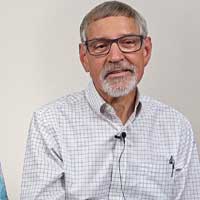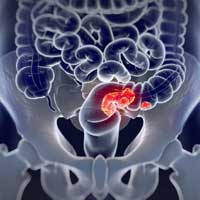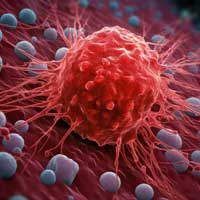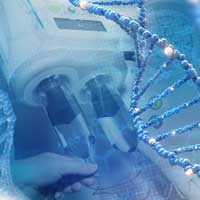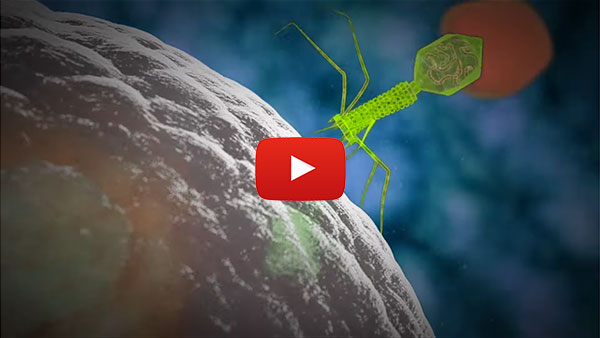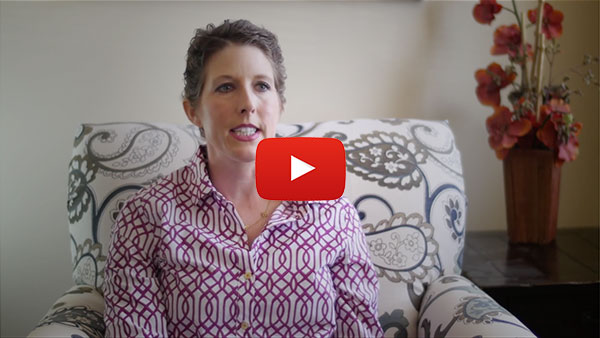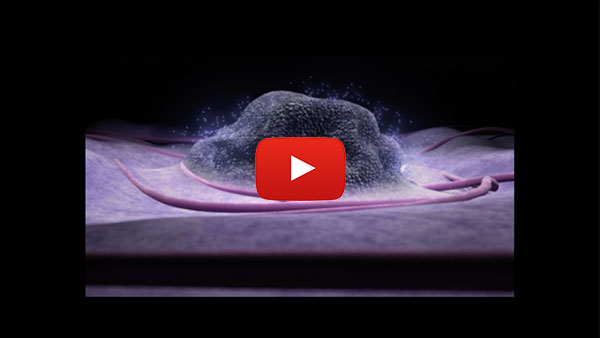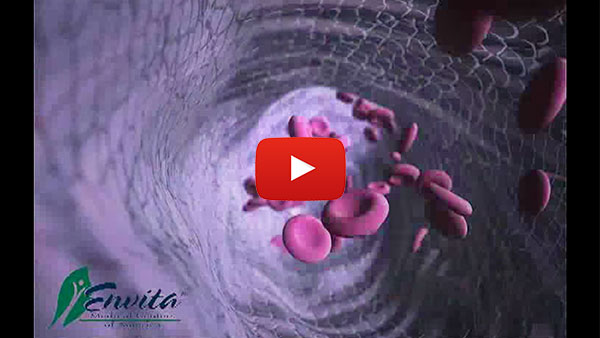Immunotherapy - Which Patients Are Candidates?

No matter what treatments a patient chooses to undergo, it is ultimately the immune system that rids the body of cancer. The body's amazing physiology eliminates cancer and precancerous cells regularly in healthy individuals, approximately 10,000 times per day. Immunotherapy treatments can be used to increase the effectiveness of conventional cancer treatments, while advancing the quality of life for patients who are suffering with them.
Unfortunately, immunotherapy is no more than an afterthought with conventional, standardized cancer treatment plans. Even when it is incorporated, it is typically at a very low level and largely inadequate. Several factors may account for depressed immune functions such as radiation, chemotherapy, infection, toxins, stress, insufficient nutrition and sleeplessness.
Another important aspect of healthy immune function is detoxification, which rids the body of carcinogens and other toxins so that the immune system can focus on fighting cancer and other causative agents. While reducing stress, maintaining good cancer nutrition, using a diet for cancer, and getting enough sleep are all important to maintaining a healthy immune system, cancer patients need much more aggressive immune system care, far beyond that provided through supplements or diet. Immunotherapy, an Essential Component to Cancer Treatment is overlooked, and patients' cancers often continue to spread.
The Intricacies of Your Immune System
The elaborate immune system has many components. Together, they serve as the body's army against disease. But what is it and how does it contribute to boosting the body's ability to fight stage 4 cancer? Let's find out.
The term "macrophages," given to a particular type of cell, literally means "big eater." These cells surround and "eat" bacteria or tumor cells. Each cell in the body has specific proteins on its surface that tells the rest of the immune system what type of cell it is, much like a driver's license. These proteins are called antigens, short for antibody generator.
By themselves, antigens can call for the production of antibodies, the agents that make booster shots and vaccines effective. Booster shots, like those for tetanus and diphtheria, actually contain the antigens of the bacteria that cause those diseases. The immune system then manufactures antibodies, so that if the body is ever infected with those bacteria, it has the specific weapons necessary to fight off the infection. After macrophages eat the invaders, they display the invader's antigens on the outside of the cell and wait for a helper T cell to arrive.
Helper T Cells do the Dirty Work
Helper T cells receive a signal when a macrophage has eaten an invader and has an antigen to display. Helper T cells subsequently travel to the macrophage, attach to it and pick up the antigen. Afterwards, they secrete IL-2, which instructs T cells to multiply and kill off the discovered invader. Later, they will pass the antigen on to a cytotoxic T cell, to execute the kill.Cytotoxic T Cells - Important to Obtain the Accurate Transmission
Cytotoxic T cells communicate with helper T cells to obtain precise identification information about a given invader. This information is contained within the antigen. Once the cytotoxic T cells have the invader's "driver's license," they can hone in on any cells with the same ID.
Cytotoxic T cells then locate and identify the invader. They attach to it and inject it with a poison that kills it. Problems arise when there is difficulty in the communication or signaling of this process, which seems to occur quite often in cancer patients. However, there is another way. Natural Killer cells solve this issue by providing an independent method of recognizing cancer cells.
Natural Killer Cells - The Heart Of Immunotherapy
Natural killer (NK) cells are the most significant of the immune system when it comes to combating cancer. They get the name "natural killer" because they are capable of independently recognizing cancer cells and killing them without assistance from other cells. When they do receive help, however, they are even more lethal.
Cellular-based immunotherapy takes white blood cells from a patient and expands those cells known to effectively fight cancer. This form of immunotherapy is akin to an "immune system transplant." Learn more about cancer cell vaccines.
Cytokine-based immunotherapy incorporates FDA-approved cytokines for human use, including IL-2, interferon-alpha, and interferon-gamma. These cytokines can be directly injected into patients to boost the immune system and enhance its functionality. Typically, they are not implemented or coordinated with conventional cancer treatments.
Additionally, there is also monoclonal antibody-based immunotherapy, a synthetic technique that clones antibodies specific for a particular antigen. These cloned antibodies attach to those antigens and serve as a beacon, enabling the immune system to more easily recognize the invading cell.
It is clear that immunotherapy remains an essential component to cancer treatment.
Immunotherapy remains the best way to kill cancer with your own body and has consequently been a primary focus at Envita for more than a decade. Our Comprehensive Smart Oncology® program includes advanced treatments to boost and modulate the immune function, giving cancer patients an important weapon in their fight against cancer.
To find out more about our different immunotherapy approaches, we encourage you to start our PPMR process. If you should have any questions, please contact our highly-trained patient-care educators who are waiting to answer your questions.
Understanding The Conventional Cancer System
- Long-term results from building the immune system.
- Removing the cause, such as toxins or cancer-causing carcinogens.
- Stopping chronic inflammation.
- Targeting cancer cells alone, not the human body's defense system.
- When such methods are adopted and consistently integrated, only then might we seriously consider cancer care as being effective or successful.
Take The Next Step
Discover Envita's Comprehensive Smart Oncology program today and learn how our unique approach and treatments will help you. We invite you to experience our proprietary PPMR Process and contact us with your questions – our patient care educators are available to help you every step of the way.
You will be empowered by our vast array of strategies, techniques, and treatments from across the globe, many of which you will likely be hearing for the first time. Let us guide you through the myriad opportunities available, via the integration of advanced natural medicine and state-of-the-art conventional approaches.
More than 80 percent of patients and doctors believe that our free, online seminars have enhanced their knowledge of integrative cancer medicine. Simply contact us to begin your quest.


